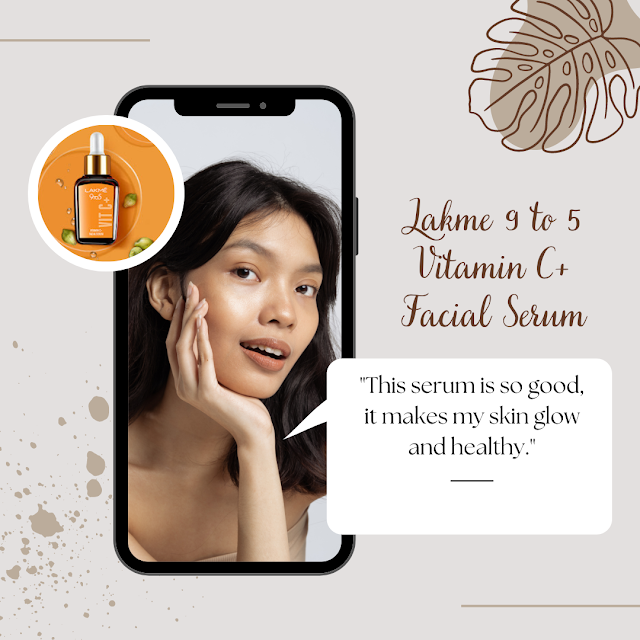Exploring the Future of Skincare: The Rise of Exosome Therapy and Polynucleotide-Based Treatments

TABLE OF CONTENTS
- Introduction
- What Are Exosomes? The Future of Skin Regeneration
- Polynucleotide-Based Treatments (PDRN): The Power of DNA Repair
- Real-World Applications: Where to Get These Treatments?
- Are These Treatments Safe? Who Should Use Them?
- Future Trends: Will These Treatments Go Mainstream?
- Synergy: Combining Exosomes & Polynucleotides
- Final Thoughts: Should You Try Exosome Therapy & Polynucleotide-Based Skincare?
- Introduction
- What Are Exosomes? The Future of Skin Regeneration
- Polynucleotide-Based Treatments (PDRN): The Power of DNA Repair
- Real-World Applications: Where to Get These Treatments?
- Are These Treatments Safe? Who Should Use Them?
- Future Trends: Will These Treatments Go Mainstream?
- Synergy: Combining Exosomes & Polynucleotides
- Final Thoughts: Should You Try Exosome Therapy & Polynucleotide-Based Skincare?
The beauty industry is evolving beyond traditional skincare ingredients like retinol and hyaluronic acid. Exosome Therapy and Polynucleotide Skincare are emerging as next-generation solutions for skin rejuvenation, anti-aging, and repair. With a growing demand for cutting-edge, science-backed skincare, these innovations are set to redefine the future of dermatology.
In this blog, we’ll explore how exosomes and polynucleotides work, their benefits, real-world applications, and what the future holds for these groundbreaking treatments.
What Are Exosomes? The Future of Skin Regeneration
Exosomes are tiny extracellular vesicles that play a critical role in cell communication, tissue repair, and skin rejuvenation. They are secreted by stem cells and contain growth factors, proteins, and lipids that help stimulate collagen production and accelerate skin healing.
 |
| Exosome Therapy and Polynucleotide Skincare |
How Exosomes Benefit the Skin
- Deep Cellular Repair – Exosomes penetrate deep into the skin, promoting tissue regeneration at a cellular level.
- Boosts Collagen & Elastin Production – Helps improve skin elasticity and reduce fine lines.
- Faster Healing & Reduced Inflammation – Ideal for post-laser treatments, acne scars, and sensitive skin.
- Minimally Invasive & Safe – Unlike injectables, exosome therapy is a topical or microneedling-assisted treatment with no downtime.
How Exosomes Compare to Traditional Anti-Aging Treatments
| Treatment | Key Benefit | Potential Side Effects |
| Exosomes | Deep cellular repair, collagen boost | Minimal irritation, no downtime |
| Retinol | Increases cell turnover | Can cause peeling & sensitivity |
| Hyaluronic Acid | Hydrates & plumps skin | Temporary effects, needs regular use |
| Peptides | Stimulates collagen | Slow visible results |
Clinical Backing: A 2021 Journal of Cosmetic Dermatology study noted a 35% improvement in skin texture after exosome treatments. | ||||
Polynucleotide-Based Treatments (PDRN): The Power of DNA Repair
Polynucleotides (PDRN) are DNA fragments extracted from salmon sperm or other biocompatible sources. These molecules stimulate skin regeneration, reduce inflammation, and promote healing.
Why Polynucleotides Are Game-Changing in Skincare
How Polynucleotides Are Used in Skincare
Polynucleotide-based treatments are commonly administered via microneedling, injections, or topical serums. Many luxury skincare brands are now incorporating PDRN technology into creams and ampoules to make it more accessible.
Real-World Impact: Users report a “glass skin” effect, with results lasting 6–12 months, depending on the formulation.
Real-World Applications: Where to Get These Treatments?
Both exosome therapy and polynucleotide treatments are becoming widely available at med-spas, dermatology clinics, and high-end skincare brands. Here’s where you can find them:
- Dermatology & Aesthetic Clinics – Exosome facials, PDRN injections, microneedling with polynucleotides.
- Luxury Skincare Brands – Serums and ampoules containing exosome and polynucleotide technology.
- Post-Procedure Recovery – Used after lasers, peels, or RF microneedling for faster healing.
Are These Treatments Safe? Who Should Use Them?
⚠️ Potential Side Effects:
- Mild redness or irritation (temporary).
- Allergic reactions (rare but possible).
- Cost – These treatments can be expensive, as they are still new in the market.

Synergy: Combining Exosomes & Polynucleotides
When paired, these therapies create a powerful regenerative cascade. Exosomes prime cells for repair, while polynucleotides provide structural support.Considerations Before Trying
Safety & Regulation: Exosomes are not FDA-approved; opt for reputable clinics. Polynucleotides are widely used in Europe and Asia.
- Cost: Exosome sessions range from
Ethics: Plant-based exosomes avoid stem cell controversies.
Downtime: Mild redness post-treatment; avoid sun exposure.
Expert Insight: Dr. Emily Wong, a dermatologist, advises, “These therapies are promising but require more long-term studies. Consult a professional to tailor solutions to your skin.”
Future Trends: Will These Treatments Go Mainstream?
🔮 Predictions for 2025 and Beyond:
- More Accessible & Affordable – As technology advances, expect more affordable at-home products with exosome and polynucleotide formulations.
- AI-Powered Skincare – AI will help create personalized treatment plans using exosomes and PDRN.
- Combination Therapies – Dermatologists may combine these innovations with lasers, PRP, and microneedling for maximized results.
Final Thoughts: Should You Try Exosome Therapy & Polynucleotide-Based Skincare?
If you're looking for a cutting-edge, scientifically advanced solution for anti-aging, skin repair, and deep cellular rejuvenation, exosome and polynucleotide treatments are worth considering. While they may not yet be as widely available as traditional skincare, their benefits and minimal side effects make them a promising innovation in dermatology.
As research continues, expect these treatments to revolutionize skincare and become the gold standard for youthful, healthy skin.
References: Journal of Cosmetic Dermatology, Nucleofill® Clinical Trials, Expert Interviews.
Ready to Explore? Always consult a certified dermatologist to navigate these advanced options safely. The future of skincare is here—and it’s cellular.
💬 Would you try exosome or polynucleotide-based treatments? Share your thoughts below!




.jpg)















.png)


0 comments